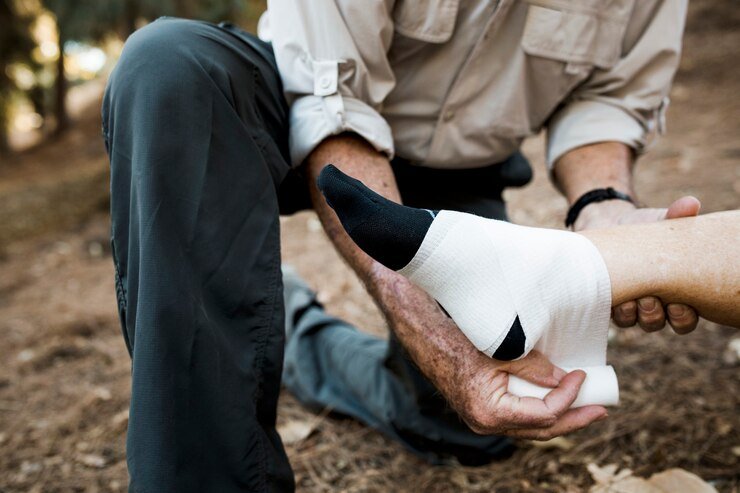The importance of proof in a personal injury case needs to be emphasised. A solid case is constructed around proof, that supports the extent of harm and loss claimed, establishes liability, & gives a coherent account of the incident. Compiling official documentation, such as police or accident reports, eyewitness accounts, medical records, plus pictures or videos of the scene of the incident are all necessary for assembling complete proof.
This evidence supports the victim’s claim for compensation which is done through experts via Personal Injury Lawyer Stockport by illuminating the accident’s factors, the reasons behind the injuries, as well as the effect the incident had on the victim’s life.
Types Of Evidence Which Are Crucial:
Eyewitness Testimony:
Eyewitness reports are among the most useful resources utilised in a personal injury inquiry. Important details regarding the course of events, the behaviour of the parties concerned, and the circumstances at the scene may be found in the declarations made by those who were present during the accident or shortly after it occurred.
Eyewitness evidence may appear used to prove fault, disprove accusations of carelessness, and support the victim’s version of events. Eyewitness testimony needs to be meticulously recorded as well as whenever feasible, backed up by additional types of data to assure its credibility.
Accident Reports and Police Reports:
Accident reports, police reports, & police officer files are official records which contain comprehensive details about the incident. Crucial details including the accident’s time, date, & location in addition to the names and contact data of the persons concerned are frequently included in these reports. Police reports can be utilised in an insurance claim, but they can’t serve as proof in court. Witness accounts and the officer’s thoughts regarding the events could be included in these files.
Nutrishop: Your One-Stop Destination for Health and Wellness
Images and Recordings
You need tangible proof of what occurred to you as well as where. You should get copies of any photos that you, a witness, or the police made of the accident as soon as it happened. Your attorney might attempt to obtain any surveillance or traffic camera film that may be available.
Your attorney might advise obtaining images of the scene of the accident for submission in an insurance claim or trial if there aren’t any videos or images of the actual incident. Those may be crucial in demonstrating the incident & your injuries. The jury is also made aware of how awful the event was thanks to these images.
Expert Testimony:
Experts offer professional judgements on a range of case-related topics. Specialists may involve doctors, economists, & professionals in disaster reconstruction. The Tennessee Rules of Civil Procedure are used by the court to establish who qualifies as experts.
Pay Stubs:
Documentation of your salary can be useful in your case because compensation could include loss of income.
Physical Evidence:
In a personal injury case, real and convincing proof is provided by tangible proof. Photographs of the accident scene, broken items, skid marks, or equipment that fails are a few examples of tangible proof. These graphic records aid in reconstructing the incident and illustrating the degree of the losses incurred. Actual proof must be preserved since it might need to be subjected. To qualified analysis to establish product flaws or establish causality.
Records and Documentation:
As a personal injury attorney can attest, documentation and records are essential to a case. Event reports, reports from the police, insurance claims, job records, as well as any other pertinent documentation are examples of this proof. Police reports might contain crucial information and eyewitness accounts, but incident reports submitted right after the collision may give an objective picture of what happened.
Employment records and insurance claims may strengthen the victim’s claim for monetary losses, including missed income, medical costs, and reduced earning potential. Well-arranged and presented supporting documentation aids in developing a distinct chronology of events and strengthens the victim’s case.
Medical Documentation
One of the things you must demonstrate to an insurance company or a judge in a personal injury case is the fact that you had compensable injuries. Your case will call for your incident-related medical documents. They serve as proof of the kind and severity of your physical wounds.
To determine if your present injuries are related to a former illness or occurrence, your insurer might attempt to obtain your older medical data. Your lawyer will, however, work to preserve your privacy & restrict the amount of records that the insurer can view.
Monetary Records
Your financial losses extend beyond your medical bills. You lose money and have less potential for earnings if an accident renders you permanently disabled. Takes you out of the workforce for weeks or months. You can demonstrate that you did not get the money you never will due to the injury. The aid of your financial records, such as W2s and pay stubs.


